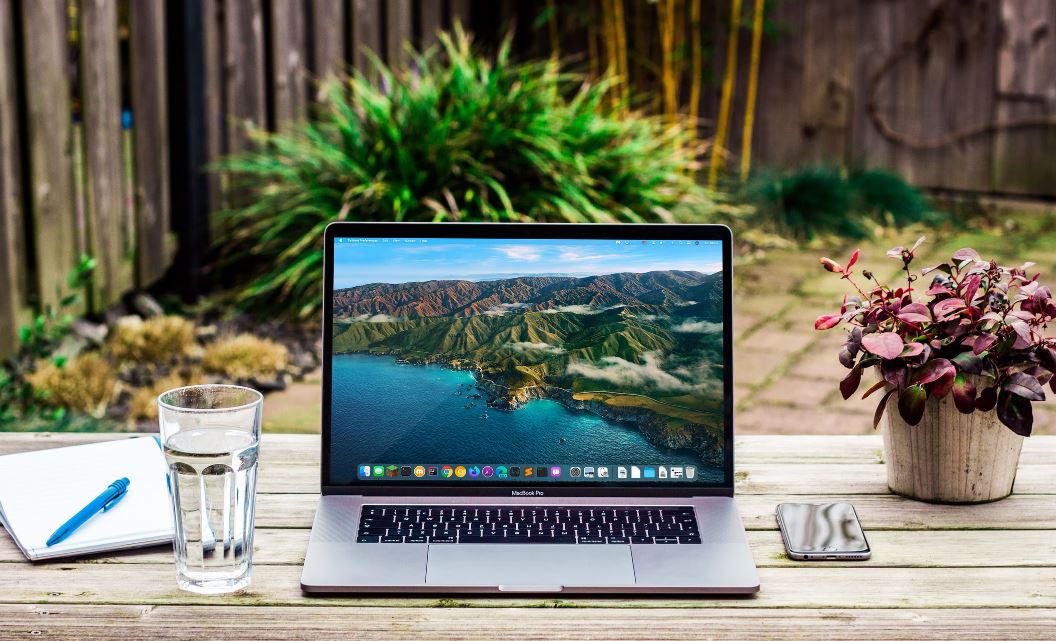
Credit: Unsplash
One laptop does not fit all.
As someone who has made regular use of at least five different laptops over the course of my life, I can say with certainty that there’s no such thing as the perfect laptop for all of humanity. Every laptop is subtly different, not just in its basic components, but in how it vents, how it carries, how it cleans, and a bunch of other factors that you don’t realize annoy you until they’ve already started.
The first thing you want to consider when choosing a laptop model is the size and weight. The basic idea behind a laptop computer is that you can pack it up and move it somewhere else without too much fuss, but the bigger it is, the more fuss you’ll incur. At the same time, though, smaller models mean smaller, lower-resolution screens. If you’re just going to be typing and reading stuff, then a low-res screen isn’t a big deal, but if you want to watch movies or play games on it, you’ll understandably want something with a little more definition. Just remember that gaming laptops are chunky and heavy, and often have a shorter battery life. If you travel around a lot, a smaller model is probably a better choice.
For the components, the big things to worry about are the CPU and the RAM. To use a simile, the CPU is like the computer’s brain, parsing data, while the RAM is like veins, delivering that data where it needs to go. A higher-end CPU and more RAM will mean faster, smoother performance, but that also means you’ll be spending a lot more money. If you’re going to be doing processor-intensive work like rendering videos, a better CPU is a must, but day-to-day web-browsing and typing doesn’t necessitate nearly as much power. Same goes for RAM; if you’re rendering videos or playing games, you’ll want 4 GB of RAM at the very least, otherwise, a single GB of RAM is fine for daily tasks.
More than likely, you’ll have one or two misfires before you find your perfect laptop. Them’s the breaks, unfortunately, but eventually you should find the perfect setup for you that strikes your ideal balance between performance and portability.
































